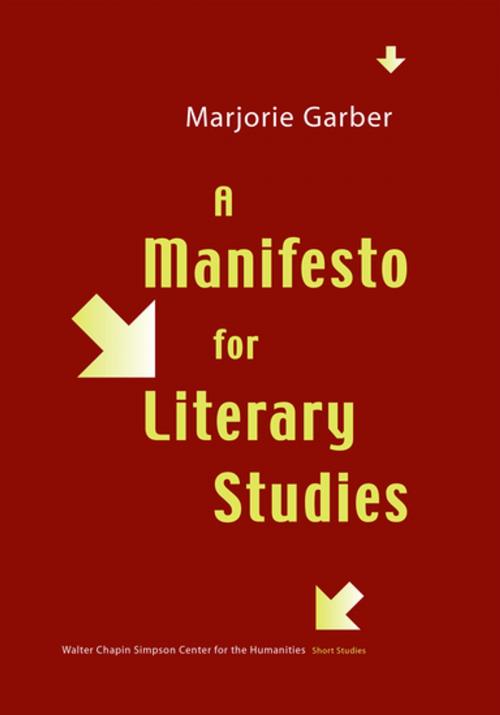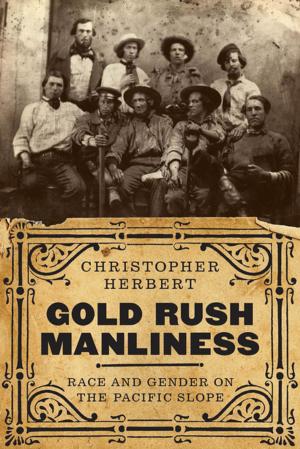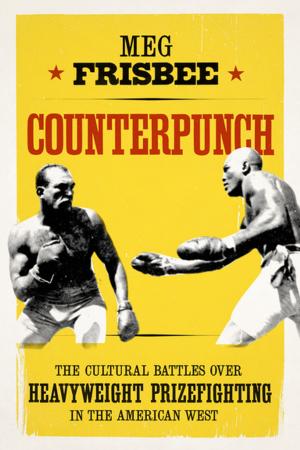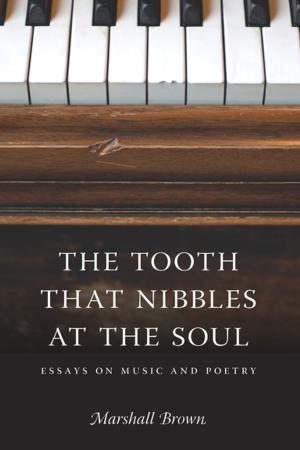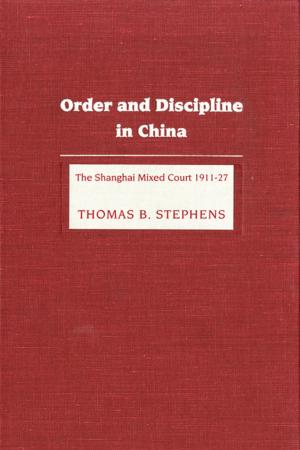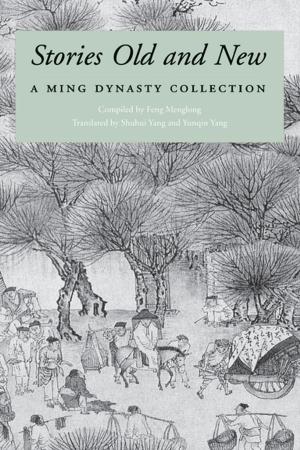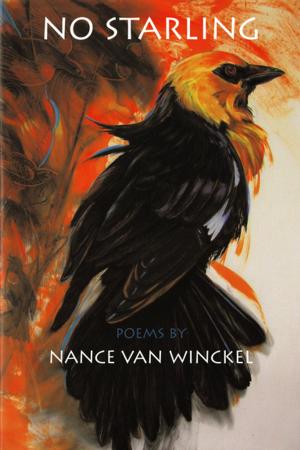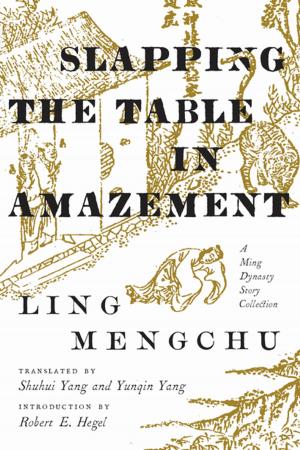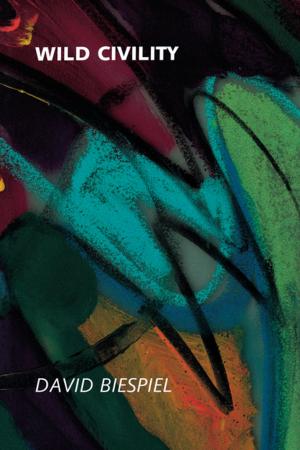A Manifesto for Literary Studies
Nonfiction, Social & Cultural Studies, Social Science, Anthropology, Fiction & Literature, Literary Theory & Criticism| Author: | Marjorie Garber | ISBN: | 9780295804279 |
| Publisher: | University of Washington Press | Publication: | November 15, 2011 |
| Imprint: | Walter Chapin Simpson Center for the Humanities, University of Washington | Language: | English |
| Author: | Marjorie Garber |
| ISBN: | 9780295804279 |
| Publisher: | University of Washington Press |
| Publication: | November 15, 2011 |
| Imprint: | Walter Chapin Simpson Center for the Humanities, University of Washington |
| Language: | English |
"A Manifesto for Literary Studies," writes Marjorie Garber, �is an attempt to remind us of the specificity of what it means to ask literary questions, and the pleasure of thinking through and with literature. It is a manifesto in the sense that it invites strong declarations and big ideas, rather than impeccable small contributions to edifices long under construction.� Known for her timely challenges to the preconceptions and often unquestioned boundaries that circumscribe our culture, Garber�s beautifully crafted arguments situate �big public questions of intellectual importance� - such as human nature and historical correctness - within the practice of literary historians and critics. This manifesto revives the ancient craft whose ultimate focus is language in action. In this book, Garber passionately states that �the future importance of literary studies - and, if we care about such things, its intellectual and cultural prestige both among the other disciplines and in the world - will come from taking risks, and not from playing it safe.�
"A Manifesto for Literary Studies," writes Marjorie Garber, �is an attempt to remind us of the specificity of what it means to ask literary questions, and the pleasure of thinking through and with literature. It is a manifesto in the sense that it invites strong declarations and big ideas, rather than impeccable small contributions to edifices long under construction.� Known for her timely challenges to the preconceptions and often unquestioned boundaries that circumscribe our culture, Garber�s beautifully crafted arguments situate �big public questions of intellectual importance� - such as human nature and historical correctness - within the practice of literary historians and critics. This manifesto revives the ancient craft whose ultimate focus is language in action. In this book, Garber passionately states that �the future importance of literary studies - and, if we care about such things, its intellectual and cultural prestige both among the other disciplines and in the world - will come from taking risks, and not from playing it safe.�
